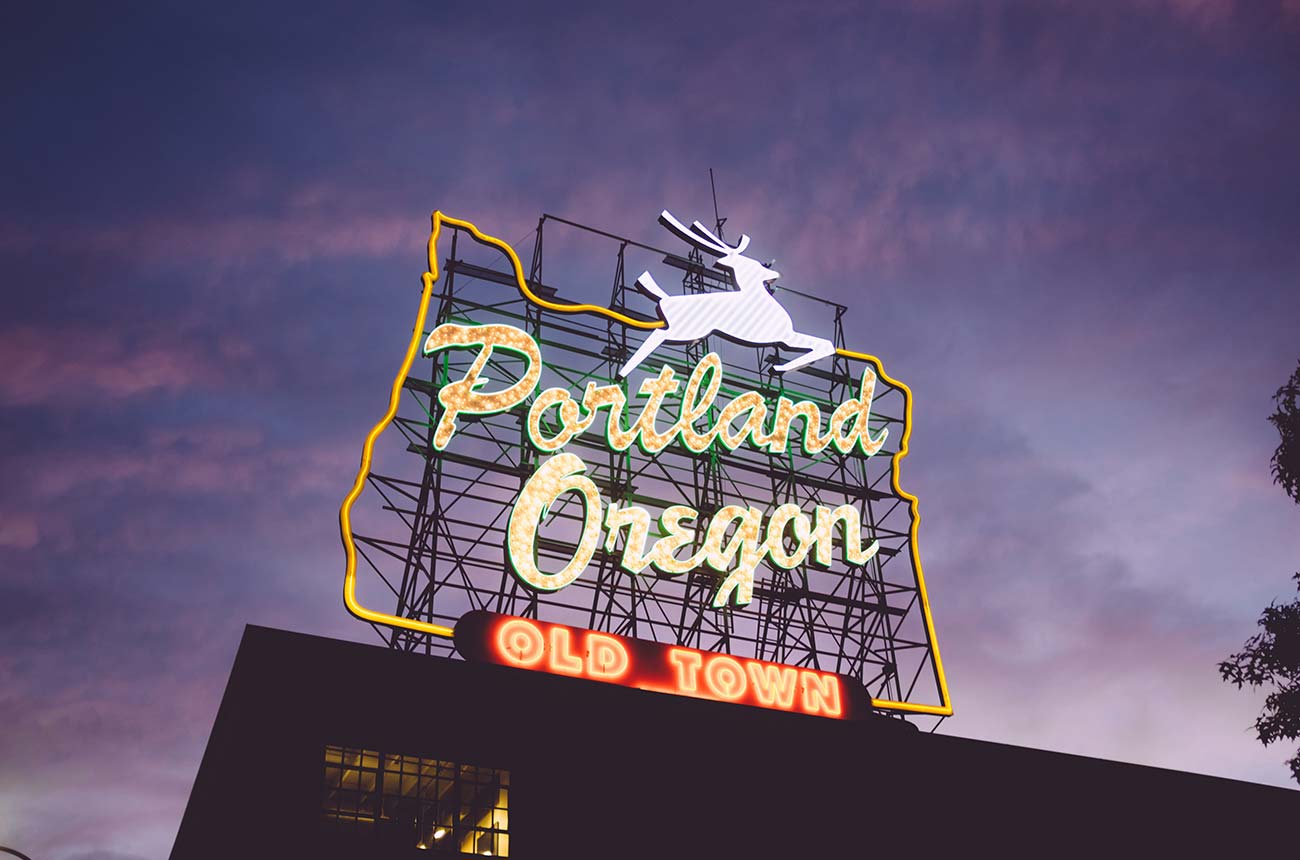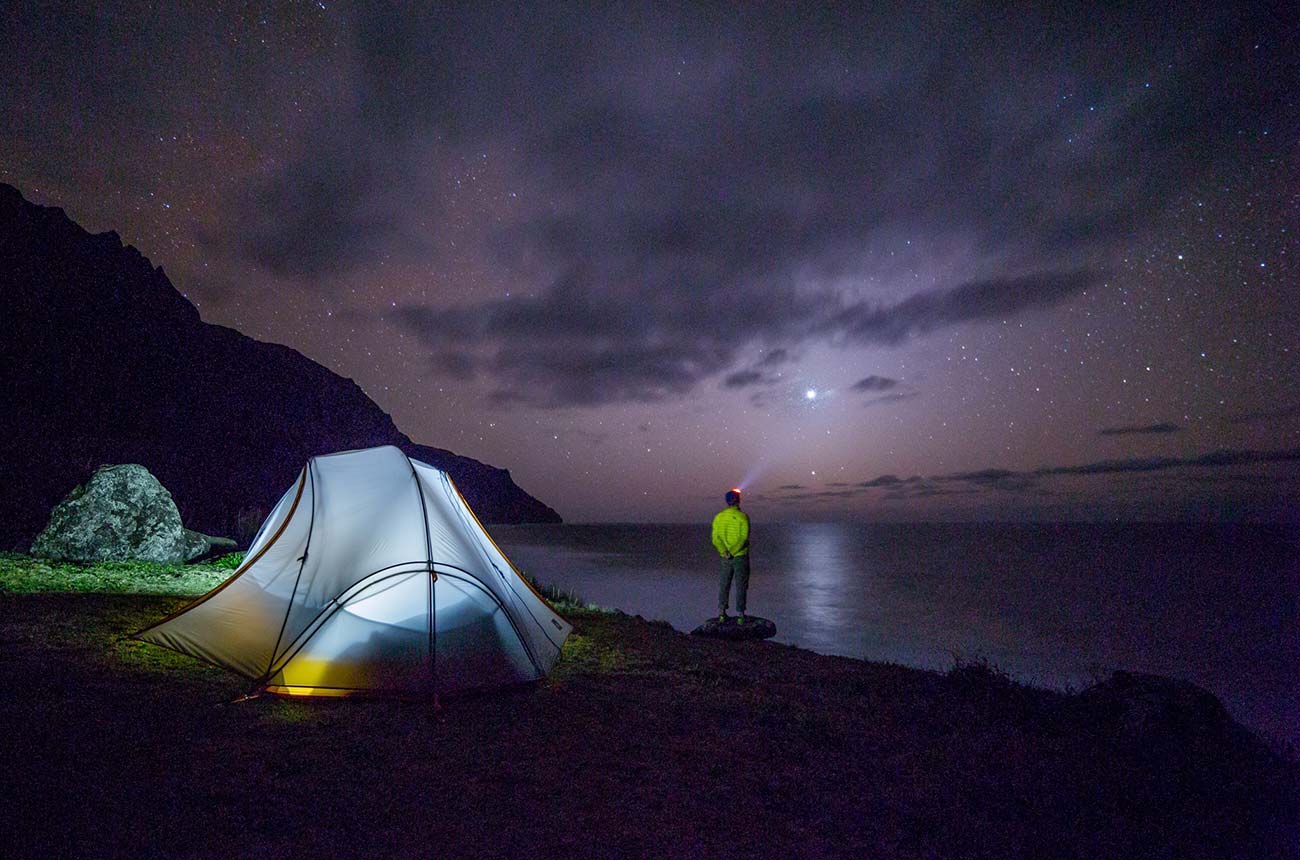CEO EXCERPT
"The true cost to hire event staff isn't the hourly rate; it's the cost of failure. A poorly staffed event leads to lost revenue and brand damage. We provide a transparent, all-in cost model that delivers operational excellence and protects your ROI." – CEO, Event Staff
Event staffing costs typically range from $28 to $60 per hour, per staff member for large U.S. events. Most planners fail to build an accurate event staffing budget because they only forecast the base hourly rate.
They miss the "all-in" cost to hire event staff, which includes layered fees, management, and compliance. This is an operations finance memo. We will provide a technical breakdown of the total cost to hire event staff, moving beyond hourly rates to give you a clear financial model for your next large-scale event staffing deployment.
Executive Summary
The true cost to hire event staff is more than an hourly rate. It's a blend of 5 components: base pay, role premiums, agency fees (18-25%), training, and equipment. This guide provides a financial model to build an accurate event staffing budget, showing how large-scale event staffing partners prevent hidden costs and protect your ROI.
The 5 Core Components of Your Event Staffing Budget
The final cost to hire event staff is a blend of five distinct components that must be in your event staffing budget.
Component 1: Base Hourly Pay ($22–$40/hr)
This covers the base wages paid directly to the staff for general roles like greeters, ticket checkers, general brand ambassadors, and ushers.
Component 2: Specialized Role Premiums ($35–$60/hr)
This covers the higher hourly rates for roles requiring specific certifications or significant experience, such as On-Site Supervisors, Bar Captains, or Crowd Control Leads.
Component 3: Agency Fees / Overhead (18–25% Markup)
This is the "all-in" management cost, and it's what you are paying for reliability. It covers payroll compliance (FICA, FUTA, SUTA), scheduling, background checks, comprehensive insurance (General Liability, Workers' Comp), and live replacements for any no-shows. This is the core value that Fortune 500 brands trust.
Component 4: Training & Onboarding ($50–$150/head)
This is a one-time, flat-rate cost per staff member to cover pre-event digital briefings, brand orientation, and any mandatory safety or service certifications.
Component 5: Uniforms & Equipment ($20–$80/shift)
This covers the cost of branded attire (shirts, hats, jackets), as well as the rental and management of essential equipment like radios, lanyards, and on-site ID systems.
Understanding this full breakdown is the key to accurately forecasting the cost to hire event staff.
The Scaling Curve: How the Cost to Hire Event Staff Behaves at 100+ People
How does the cost to hire event staff change when you go from 10 people to 200?
The Volume Advantage
For events requiring 100+ staff, the base hourly rates may drop slightly through volume agreements with your agency partner.
The Complexity Cost
However, the total cost rises due to essential new layers of management. True large-scale event staffing requires more supervisors, dedicated on-site check-in teams, scheduling technology, and longer load-in/load-out coverage.
Scenario Math: A 100-Person, 1-Day Event
- 100 staff × $35/hr (blended rate) × 8 hours = $28,000 (Base)
- + 20% Agency Fee (Insurance/Compliance) = +$5,600
- + 10% Supervision & Logistics = +$2,800
- Estimated Total: ≈ $36,400
Geographic Cost Modifiers (Tier 1 vs. Tier 2 Markets)
The cost to hire event staff is heavily influenced by location, based on the local cost of living and mandated minimum wage laws.
- Tier 1 Markets (NYC, LA, SF): Expect a +15-25% increase over the national average. ( Cost of Living Index).
- Tier 2 Markets (Dallas, Atlanta, Chicago): This is the baseline for most national estimates. Tier 3 Markets (Phoenix, Nashville, Salt Lake): Expect a -10-15% adjustment.
A professional agency will have pre-vetted, localized pay scales for every major market.
Hidden Costs: Common "Friction Points" in Your Budget
The initial quote is rarely the final bill. These are the hidden costs of poor staffing that cause budget overruns.
- Split Shifts or Late-Night Rotations: These "graveyard" shifts often incur a +10-20% premium.
- Rush Booking Fees: Same-week staffing requests can add +15% or more to the total cost.
- Venue Union Coordination: May require a flat admin surcharge for coordination. Cancellations: Fees within 48 hours of an event are often 50-100% of the scheduled cost.
The Strategic Takeaway: Quality Control as a Cost Saver
The real cost to hire event staff is the cost of failure. A "cheaper" hourly rate for untrained, unmanaged staff is a liability. The most efficient event staffing budget allocates more to a professional partner who provides trained, reliable staff. This level of quality control prevents downstream losses from guest experience failures, safety incidents, and sponsor dissatisfaction. This is how enterprise event staffing solutions deliver ROI.
A professional large-scale event staffing partner, like the ones vital for corporate events, manages all 5 cost components plus the friction points, providing a single, transparent, and predictable cost.
A Final Word on Staffing Budgeting
The total cost to hire event staff is a complex system, not a single rate. A generic plan will lead to overruns. Understanding these variables is the first step, and the ability to get an instant quote makes that first step simple and transparent.

.webp)

.webp)
.webp)
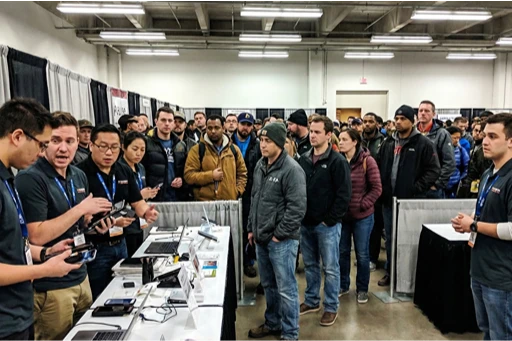
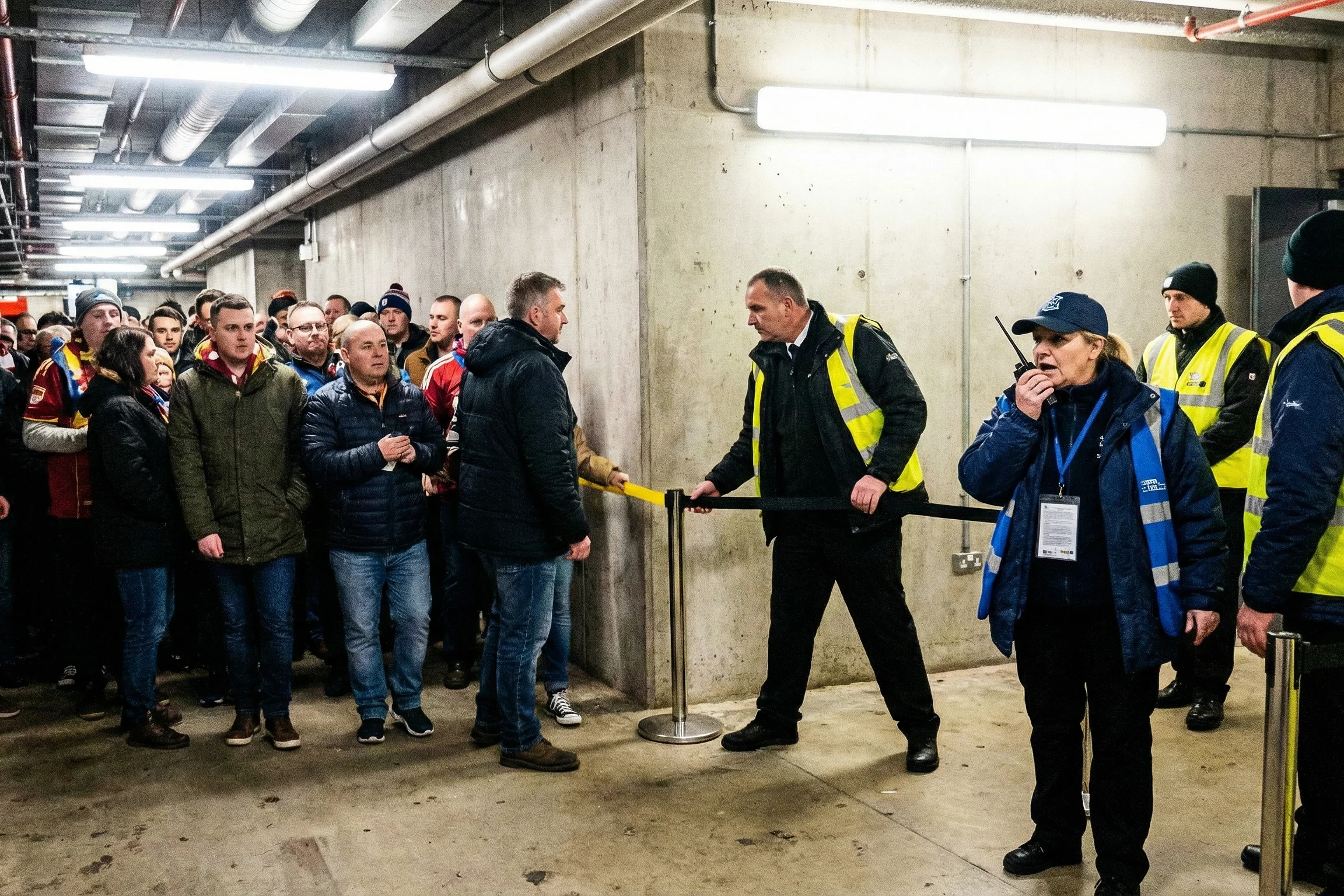
.webp)
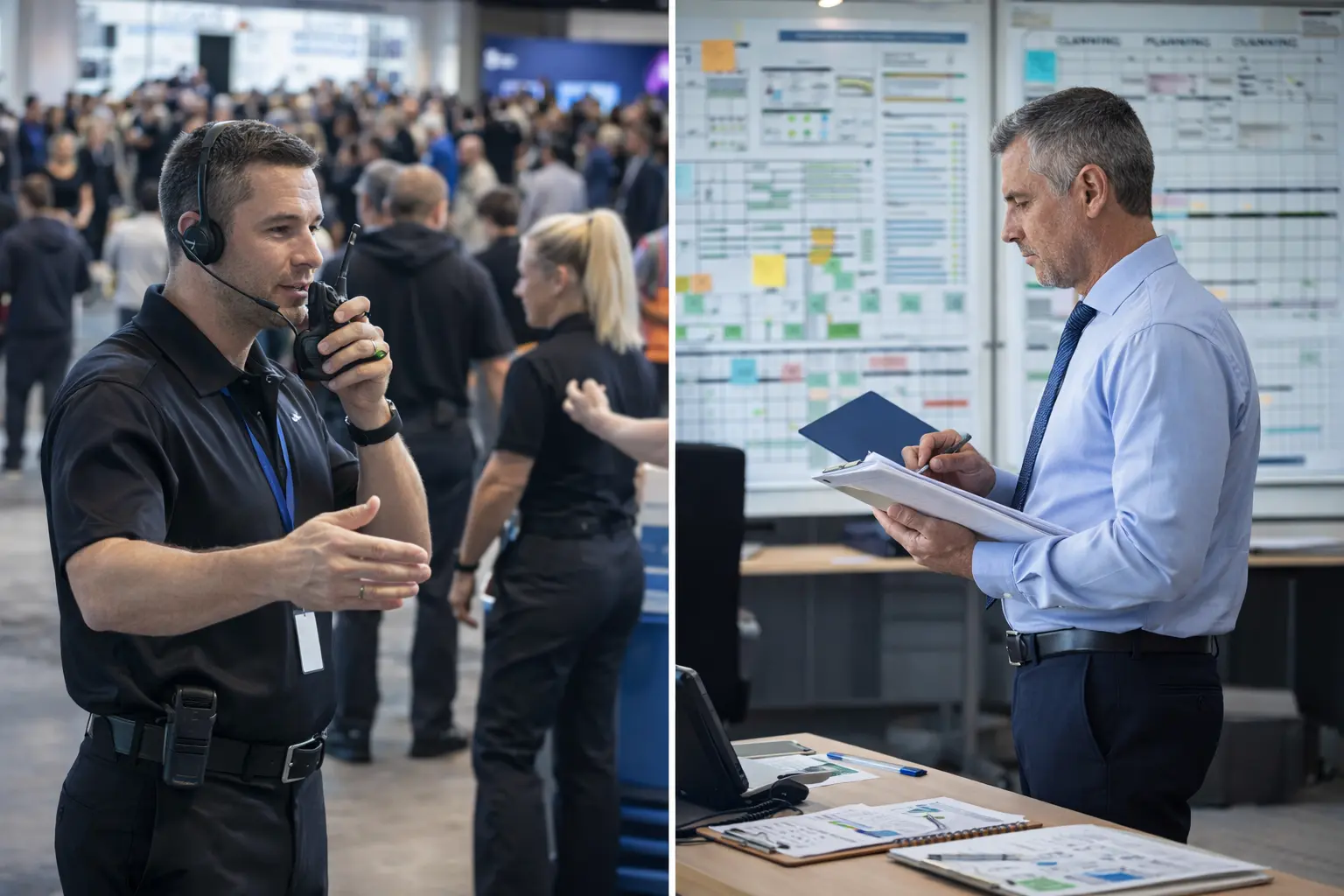

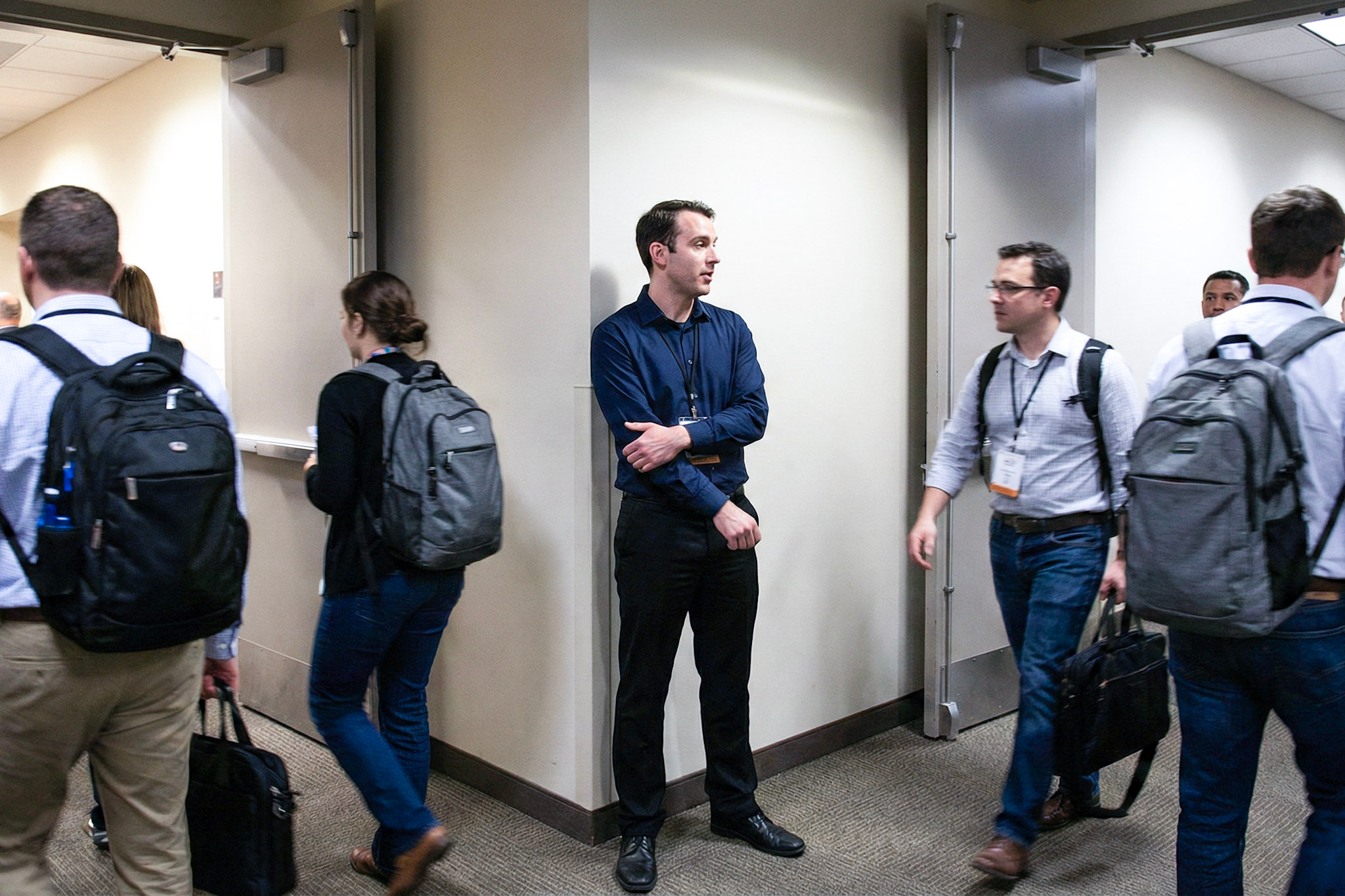
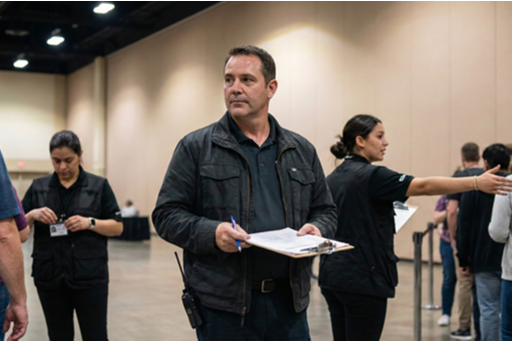
.webp)
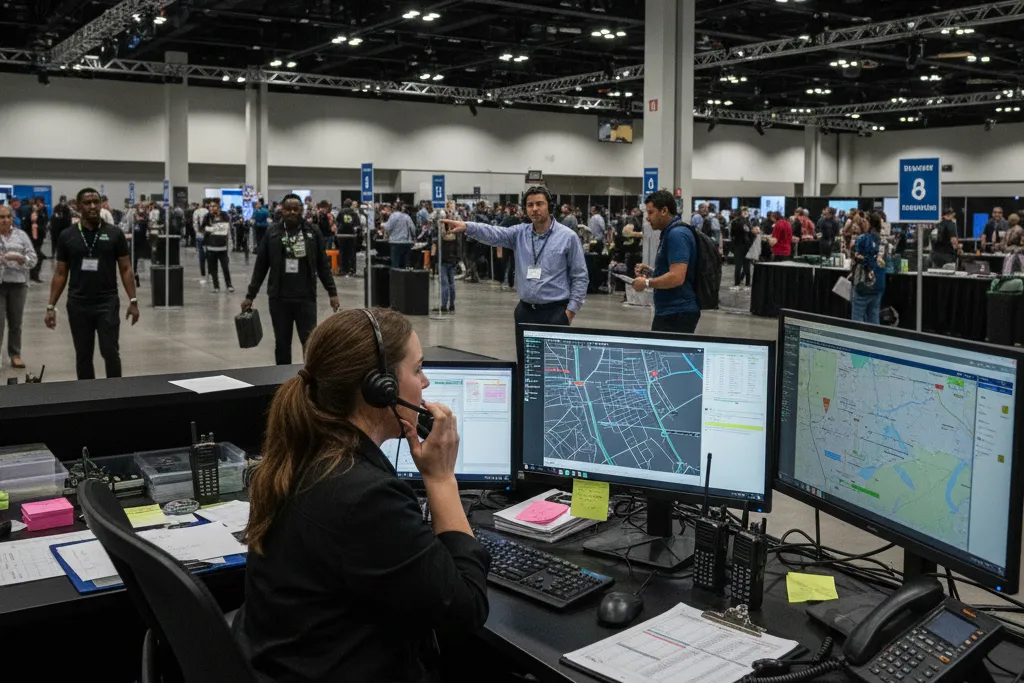
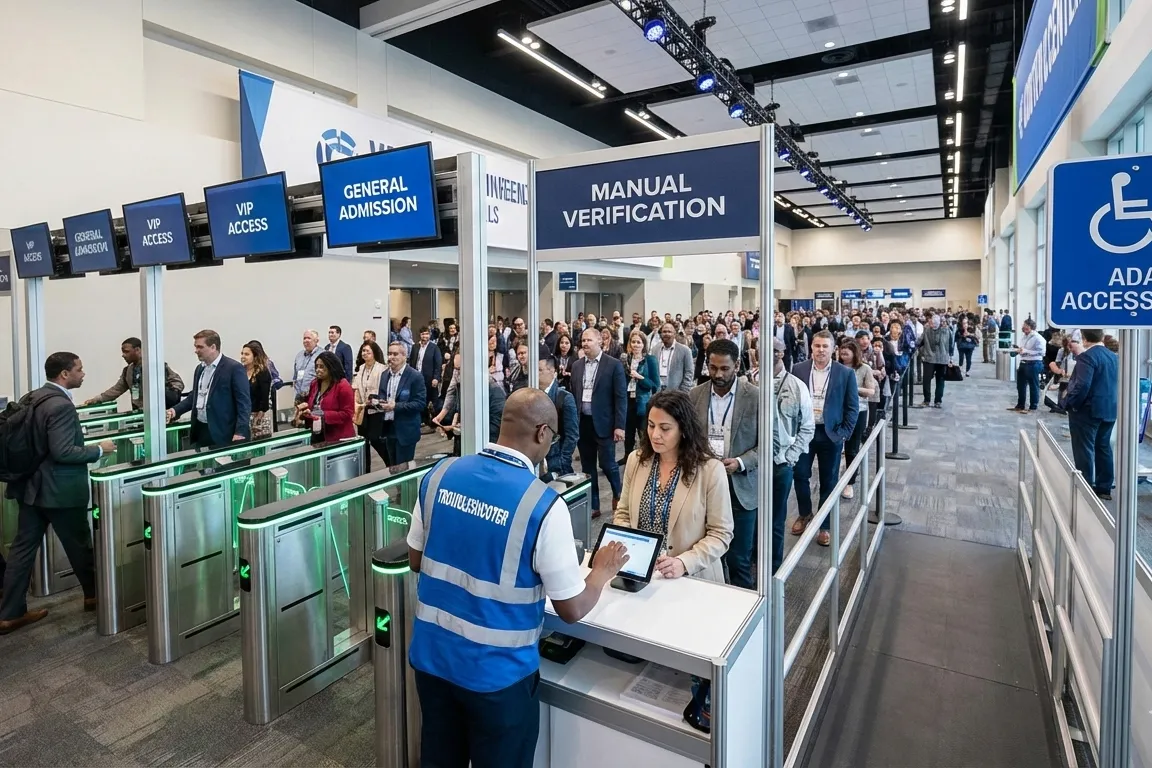
.webp)

.webp)

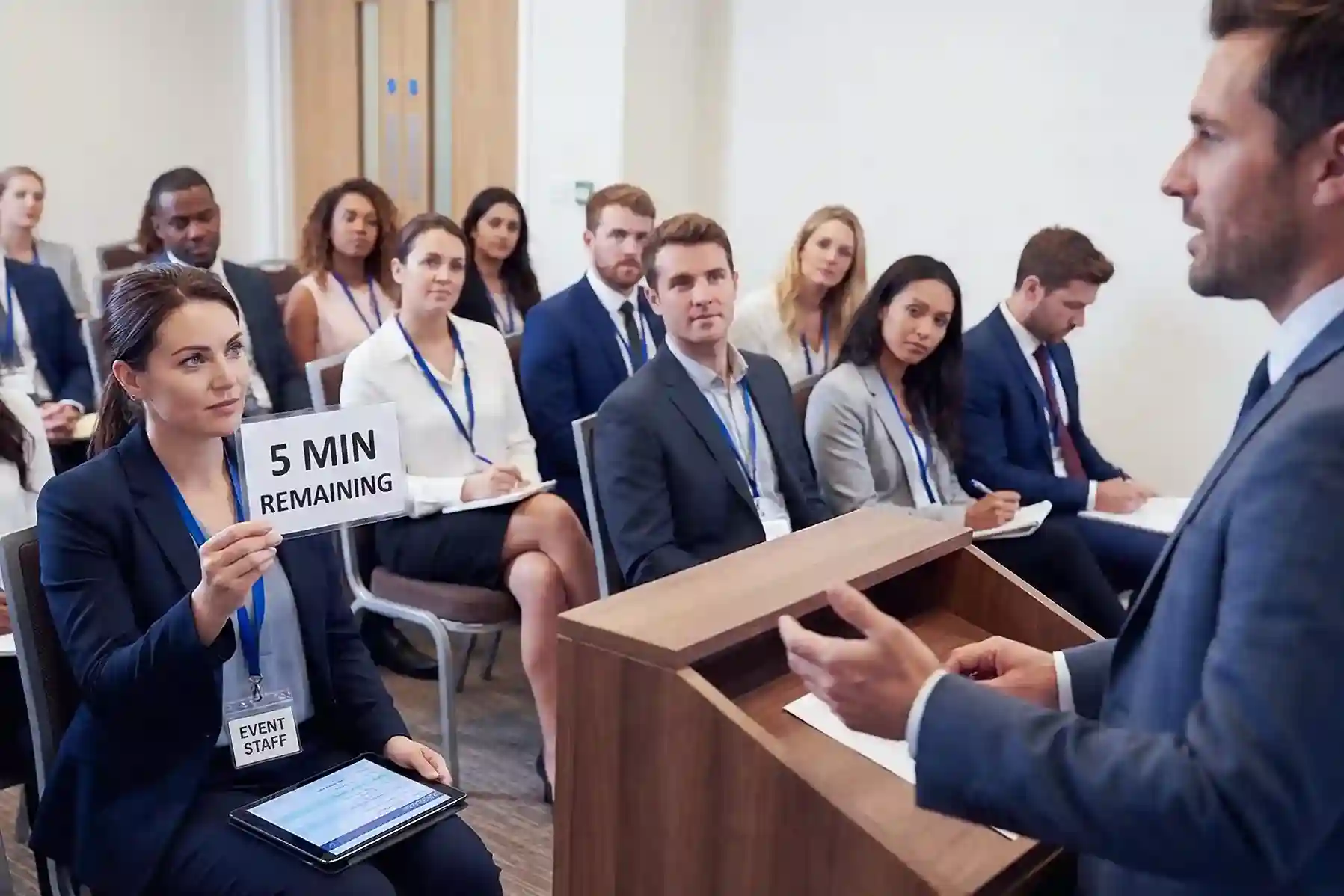
.webp)

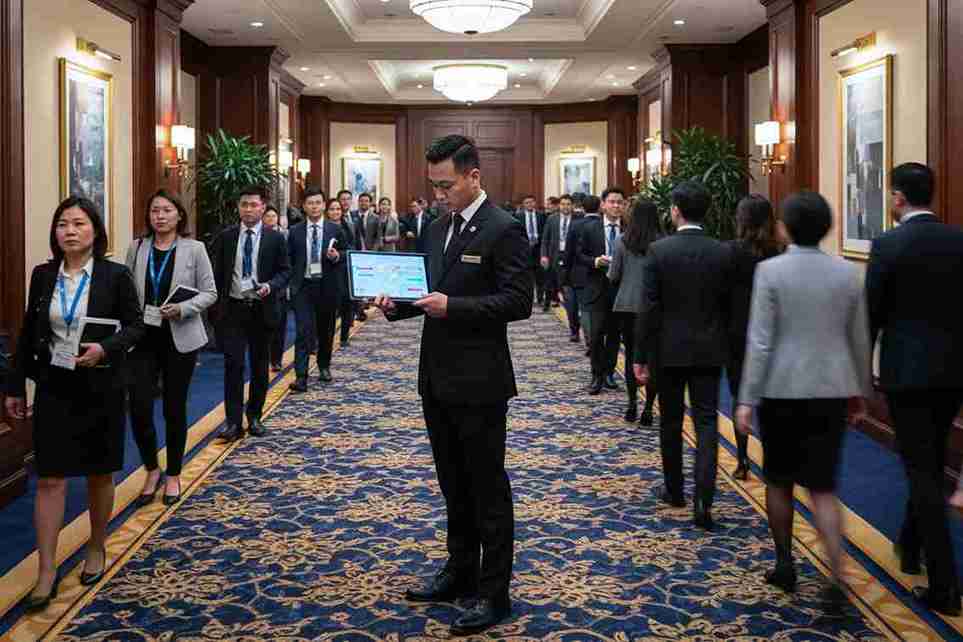
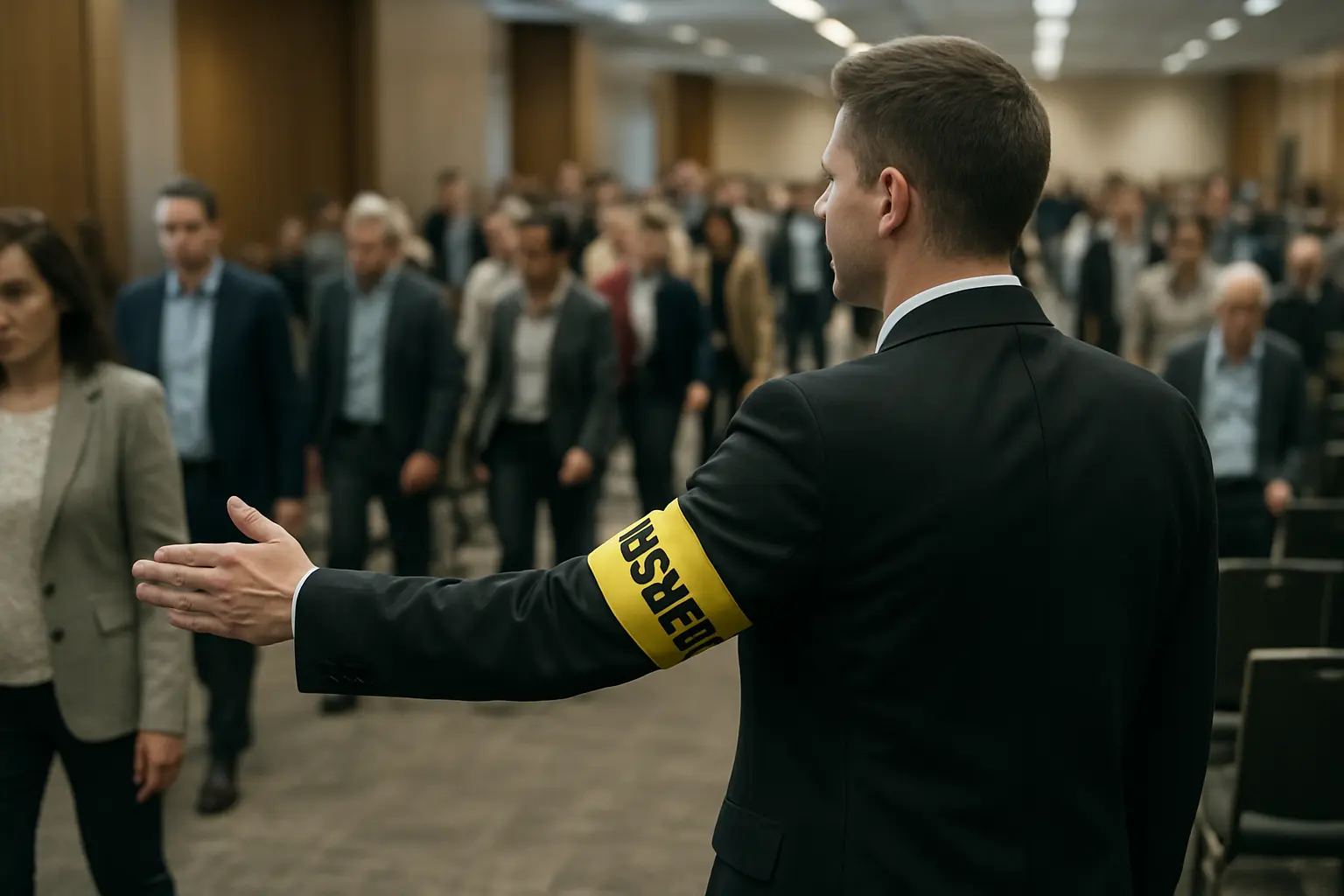
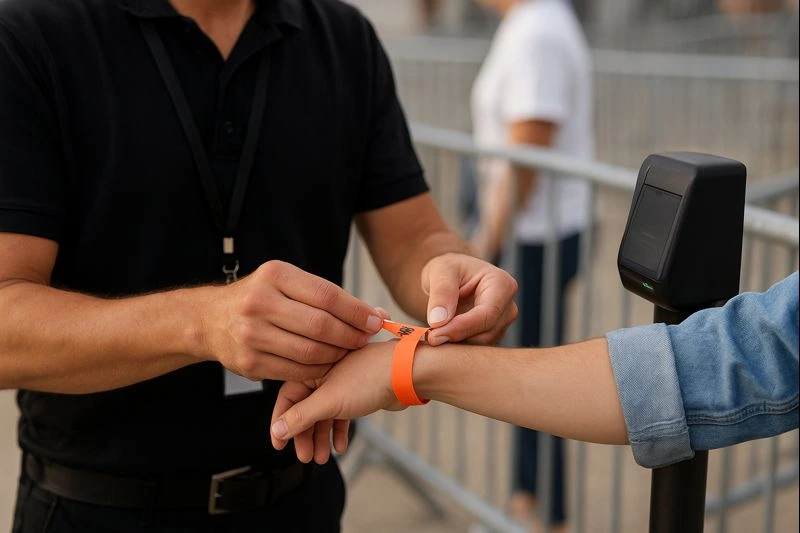


%20(2).webp)

.webp)
.webp)
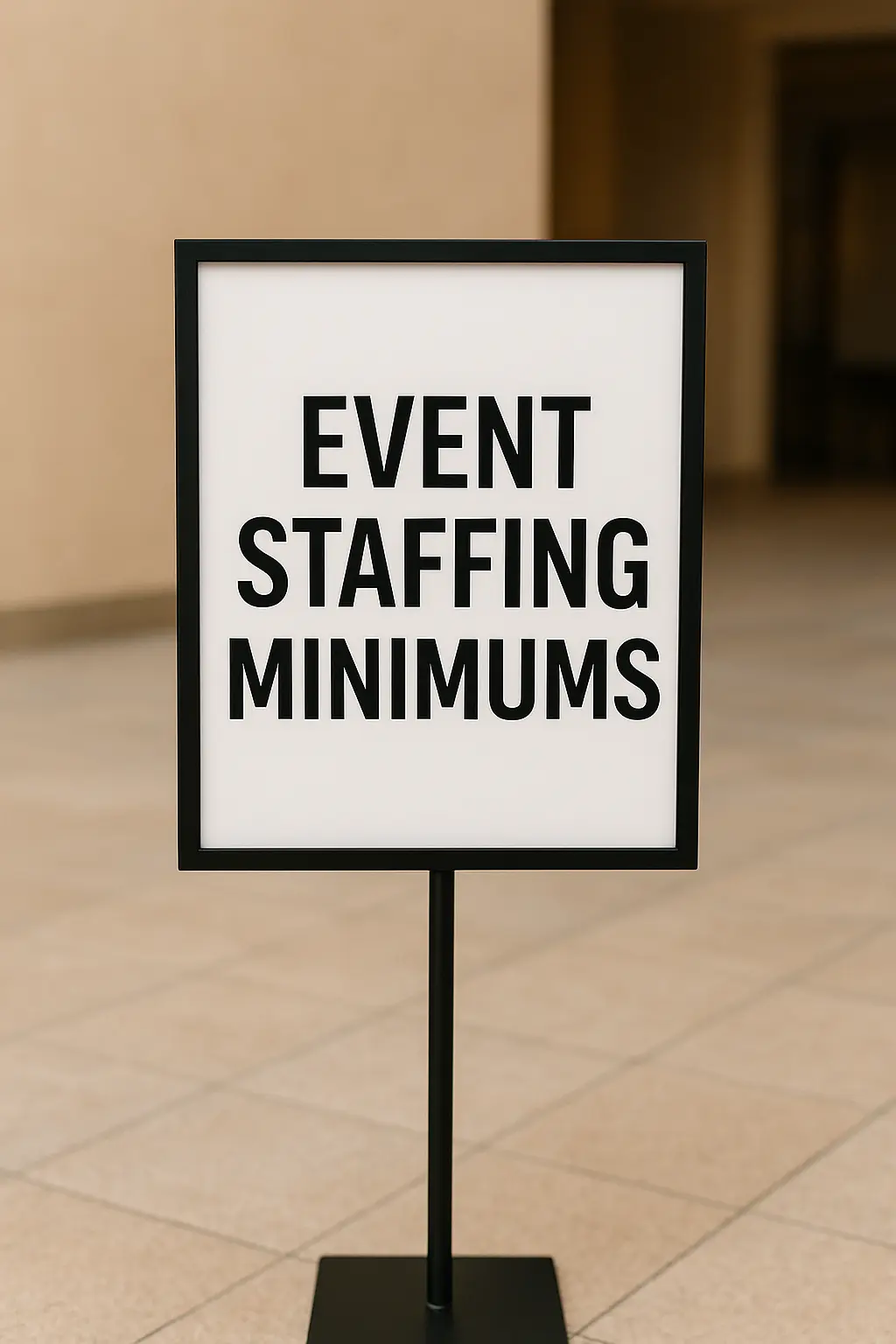
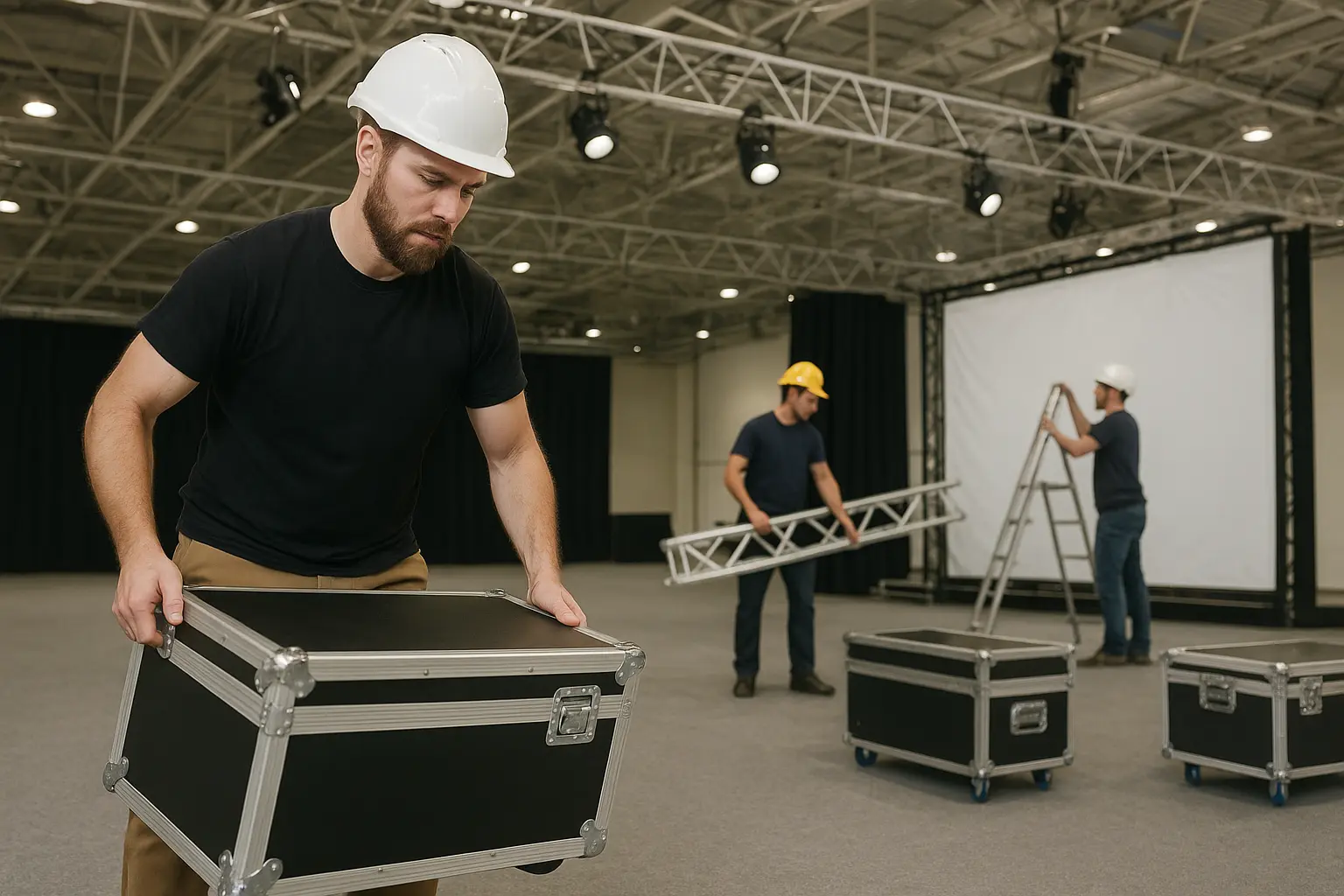
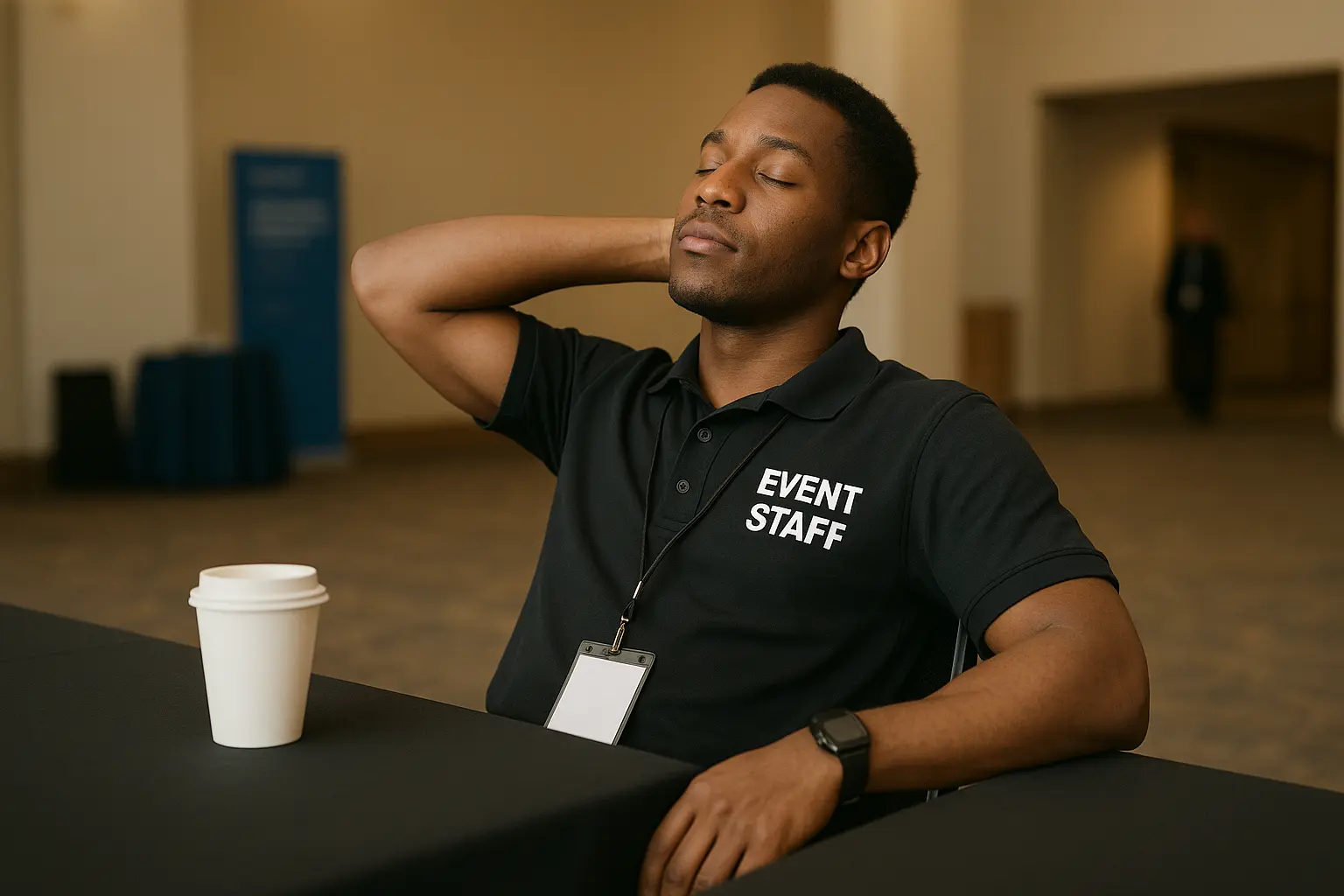
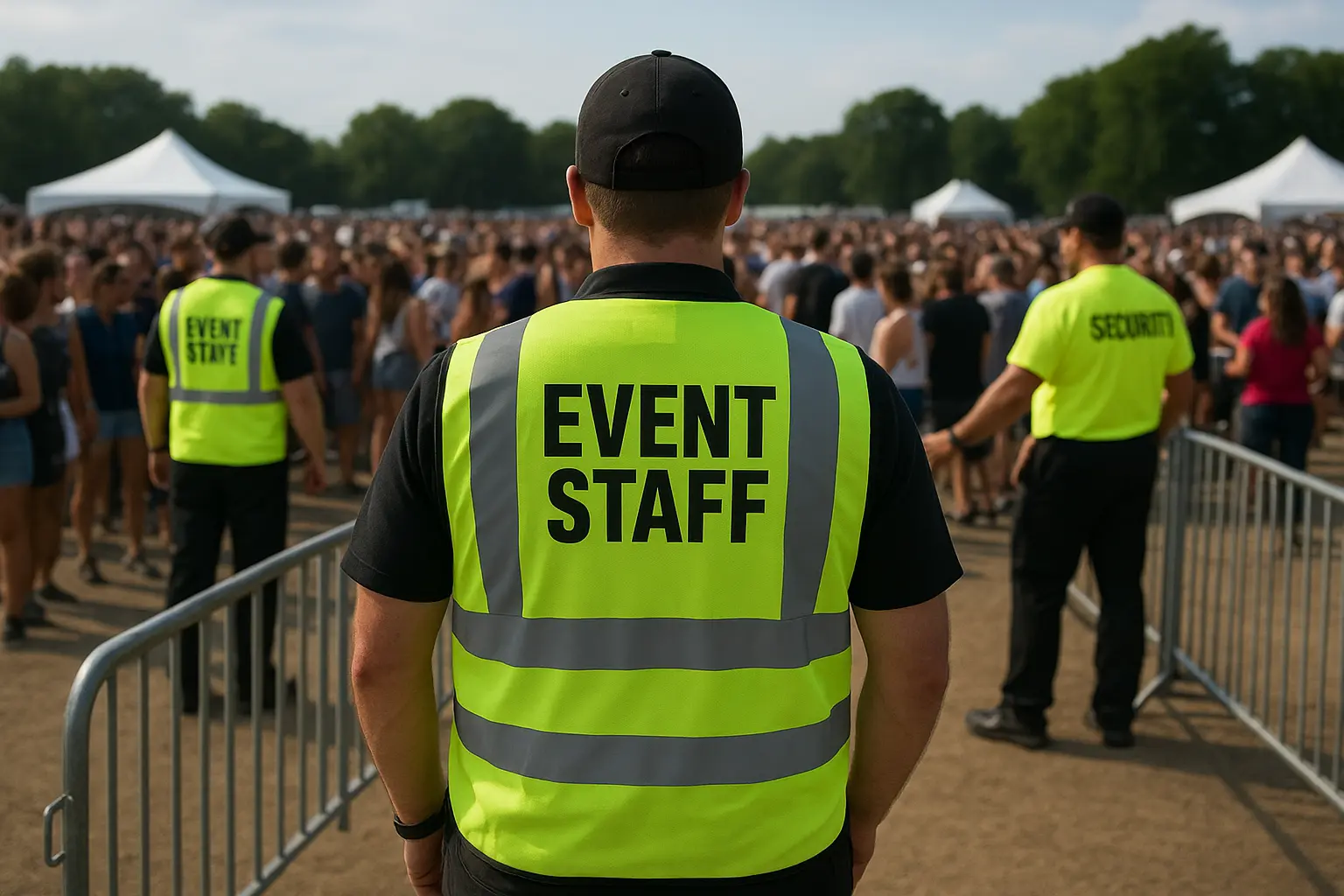
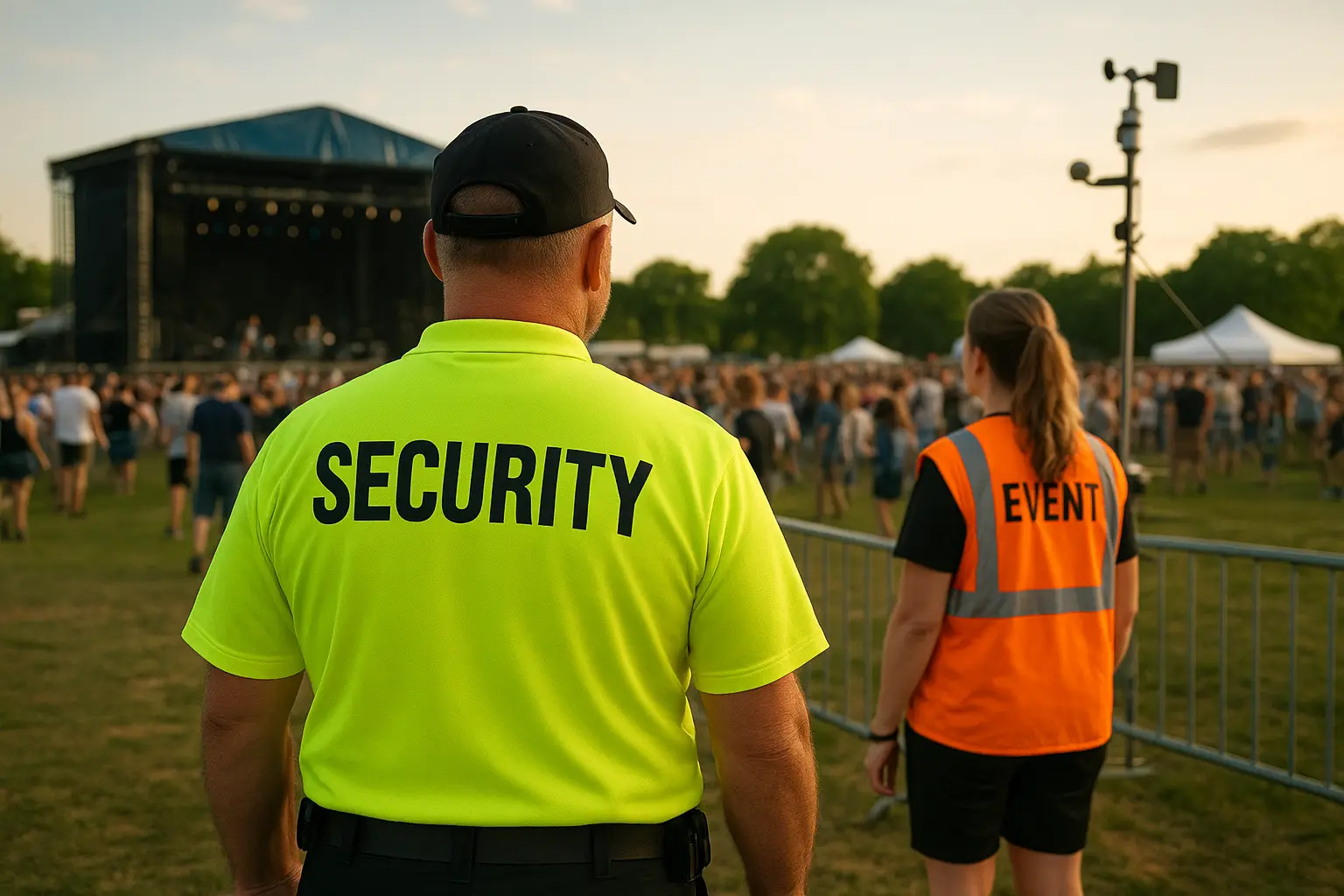
.webp)
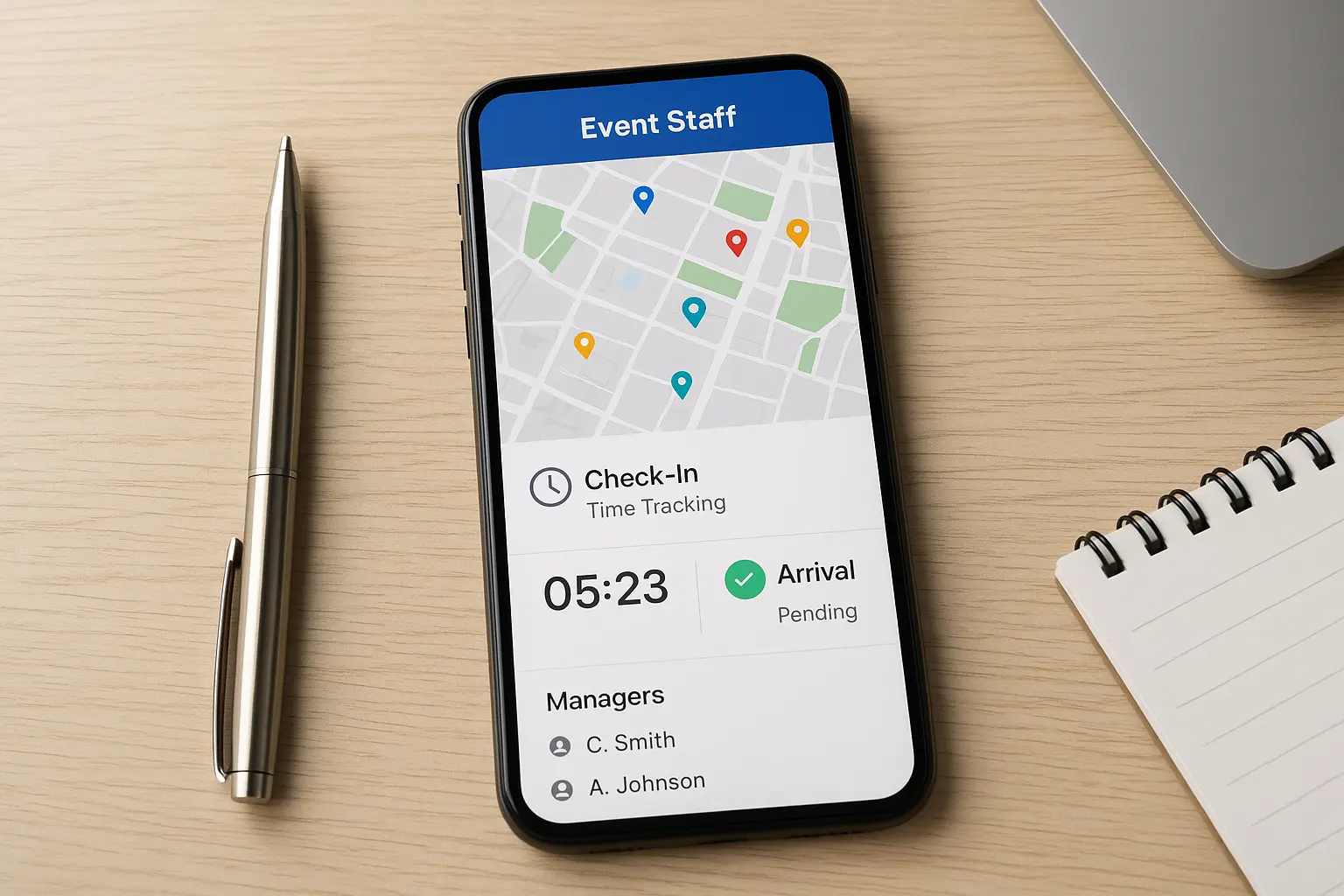





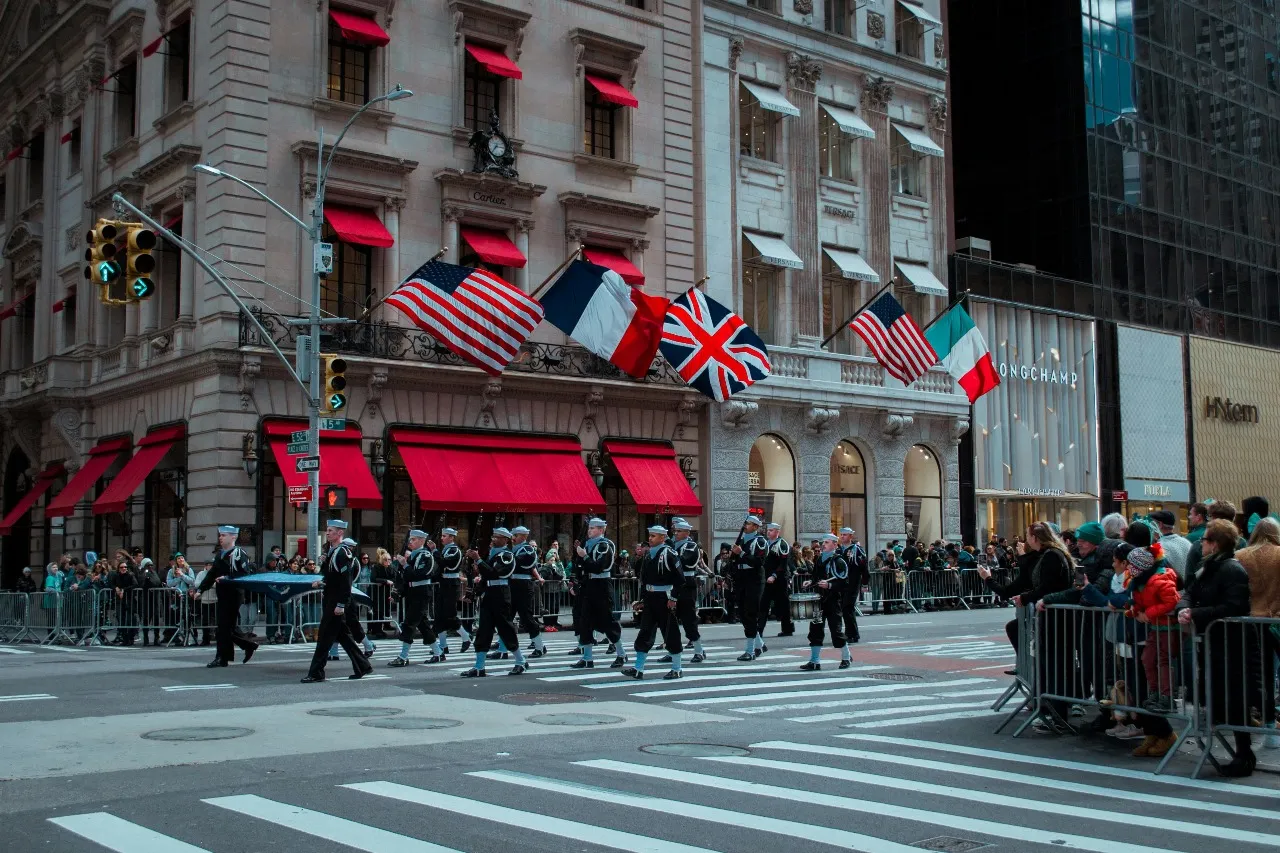

_1000x500%20(1).webp)

